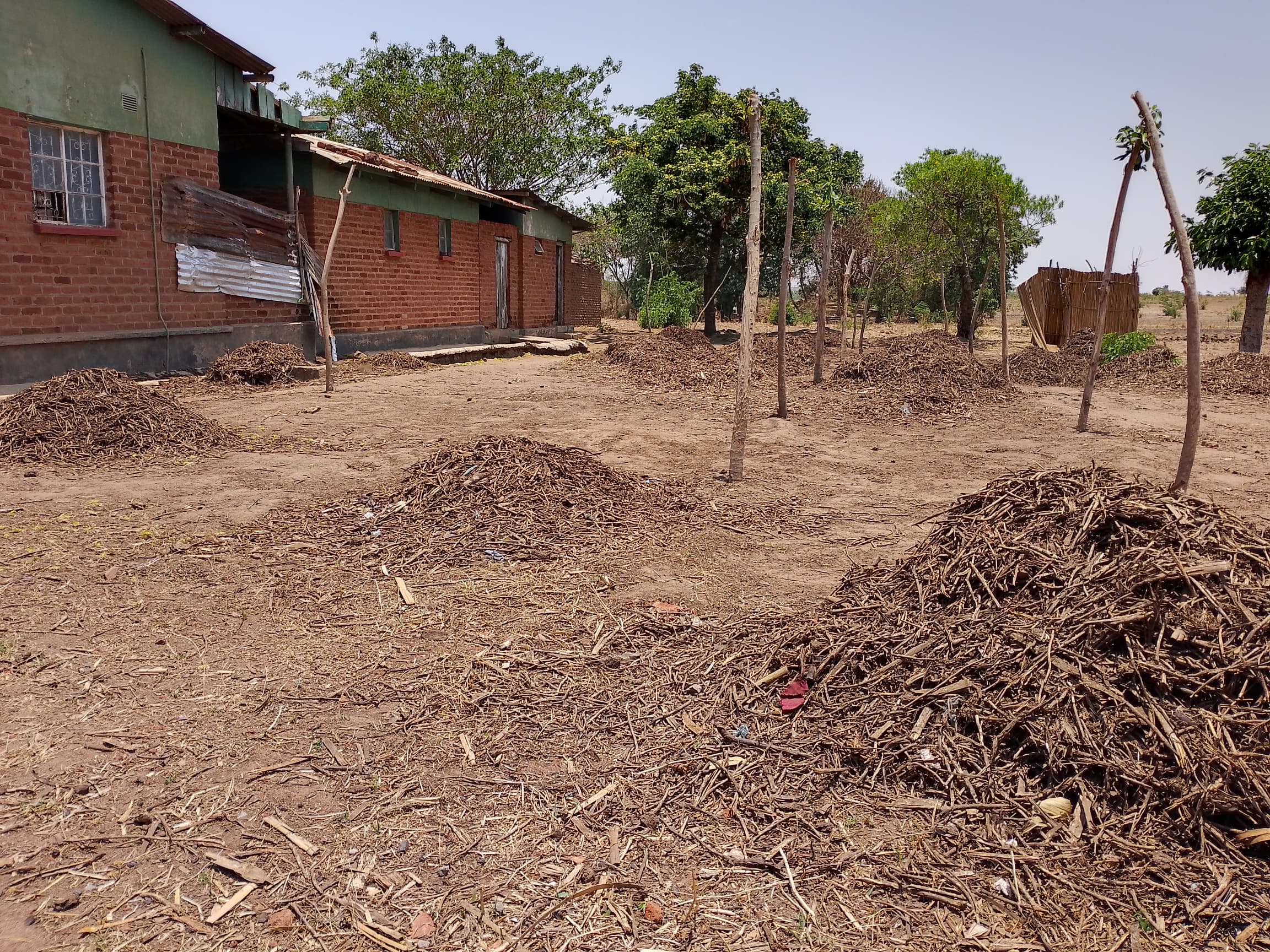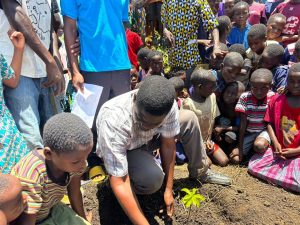Turn Urban Waste into Compost Manure (CEPA)
The Centre for Environmental Policy and Advocacy (CEPA) has urged the public to make good use of urban waste by turning them into compost manure for agricultural use.
Through a project “promoting organic systems of soil improvement to build a resting economy possible project”, CEPA is working with 1000 smallholder farmers in Lilongwe and Blantyre City councils on how they can make thermophilic compost manure using the urban waste as a way of addressing both environmental and agricultural challenges.
According to project coordinator, Tamala Makata, they developed the project to take part in addressing the challenges of soil degradation in the country by improving soil health through the use of compost manure.
“You might wish to agree with me that almost 80% of the waste that is generated in the urban cities is organic. We took advantage of that to make sure that we are turning this urban organic waste into compost that can be used for crop productivity but also to restore the soils in Malawi,” said Makata.
Makata cited that, the 3-year project has received tremendous support by both local farmers and the two city councils as it is cost effective to farmers and a game changer as far as keeping the cities clean is concerned.

She also mentioned that the project intends to ensure that people are having improved food harvest and improved soil fertility as well as farmers benefiting from the compost manure sells.
“So, we are basically looking at a situation where the soils can be able to support crop but also the smallholder farmers are able to benefit from the interventions, but also have enough food throughout the year,” she added.
Gospel for All Compost Manure manager from Traditional Authority Njewa in Lilongwe, Korrinto Saddon praised the significant outcome of the compost manure since they started using in their respective farms.
“Compost manure is very important to our health because it has no chemicals that are hazardous to our soils, it acts as a vaccine to our soils because in compost manure they’re some microorganisms which stay active for about 5 to 7 years, so it’s very important for our soil health and plant nutrition,” said Saddon.
“The government should bring awareness to farmers on the importance of compost manure, and the government should also be working to promote soil health and plant nutrition,” he added.

The use of compost manure is said to be crucial in restoring the country’s soil fertility especially at the time Malawi is experiencing economic hardships and the impacts of climate change
By Lester Mhone




